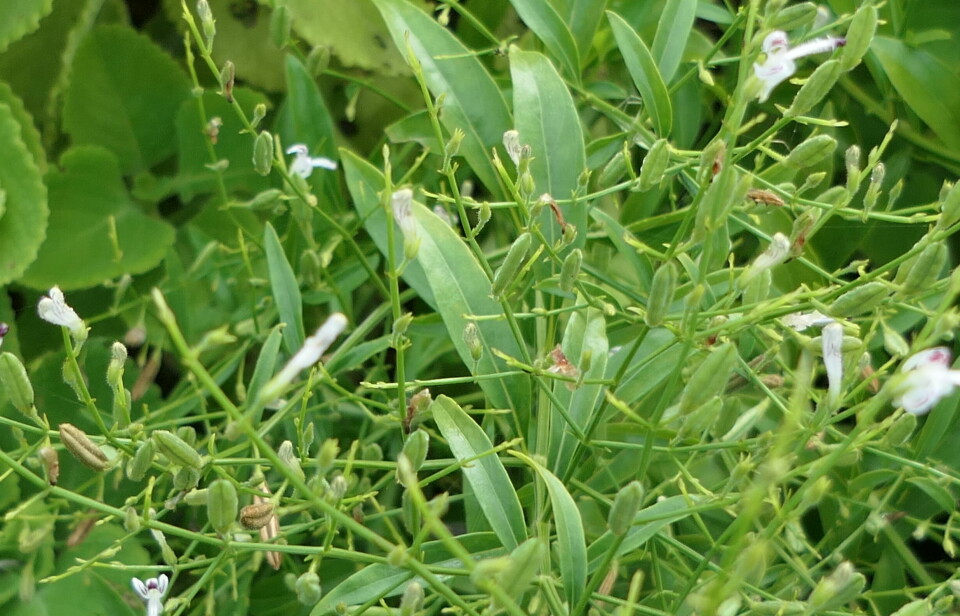
Researchers discover new phytogenic additive which may combat SRS
Scientists verified that a natural extract from the Andrographis paniculate plant has bactericidal properties in vitro for both Chilean genotypes of Piscirickettsia salmonis
In an advance for the future treatment of infectious diseases in salmon farming, Chilean researchers have identified a phytogenic additive (PFA) with antibacterial properties that could be an effective alternative to antibiotics in the control of piscirickettsiosis – also known as salmon rickettsial septicaemia (SRS). The disease is the main cause of infectious salmon mortalities in Chile, and causes increased antibiotic use in Canada and Ireland, and to a lesser extent Scotland.
The study, carried out by a team of scientists from the Austral University of Chile and the Incar Centre, describes the antimicrobial action of an extract of the Andrographis paniculate plant on planktonic growth and biofilm formation of the bacterium Piscirickettsia salmonis.
The plant, commonly called creat or green chiretta, is known for its medicinal properties and is widely cultivated in South Asia, where it is used for the treatment of some infectious diseases, for its antibacterial, inflammatory, and autoimmune properties, among others.
Complete inhibition
Among the results, a complete inhibition of planktonic and biofilm growth was observed with concentrations of 500 and 400 μg/ml of PFA for strains LF-89 and EM-90, respectively. Furthermore, 500 μg/mL of PFA was found to be bactericidal for both bacterial strains evaluated.
A key aspect of the study was the observation that subinhibitory doses of PFA increased the transcription levels of genes related to stress (groEL), biofilm (pslD) and efflux pump (acrB) for both P. salmonis genotypes, both in planktonic and sessile conditions.
With these results, the researchers concluded that the new PFA effectively has an antibacterial effect against P. salmonis in vitro, “highlighting the potential of PFA as an alternative to control piscirickettsiosis”.
Read the abstract of the study titled “ In vitro effects of phytogenic feed additive on Piscirickettsia salmonis growth and biofilm formation”, here.
























































